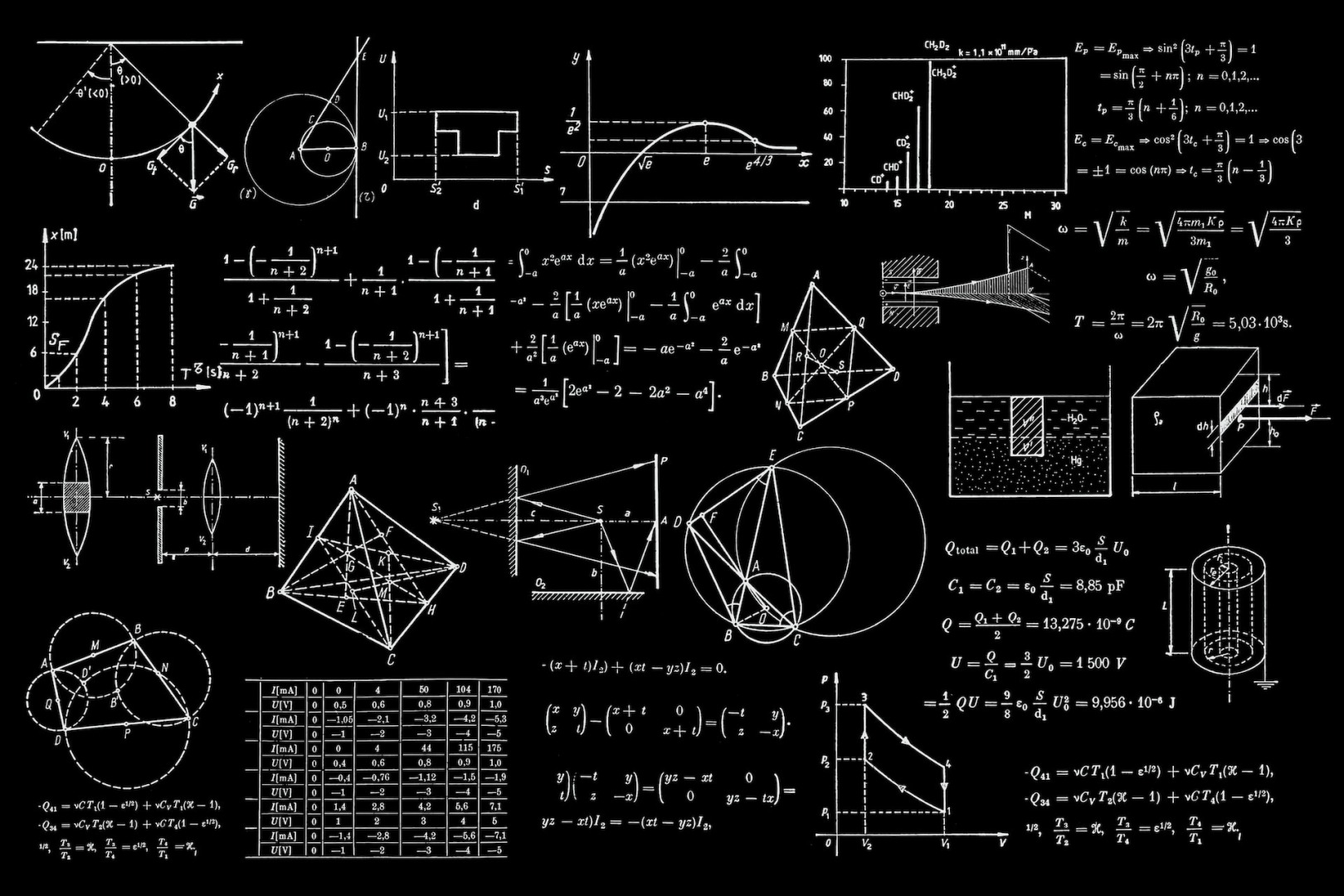Comments
- No comments found

Dark matter has been a mystery for nearly a century.
Scientists and physicists have made incredible progress toward uncovering its secrets in the past few years. They’ve realised they can use quantum computing to discover the answers they seek.
Dark matter has fascinated scientists and the general public since its introduction in the early 1900s. They know it exists and has mass — they can see its gravitational impact on celestial bodies — but that’s about it. Generally, everything else is an informed guess. No one has come close to figuring out what it actually is, even though they’ve researched it for decades.
It has intrigued the scientific community for ages because it’s remained a mystery no one can solve. Admittedly, finding something you can’t see or sense is challenging. Plus, finding and studying it could change the world’s understanding of the universe.
Even though it accounts for 80% of all matter in the universe, no one has ever seen it. Since it’s invisible and has no energy signature, you can’t detect it with any conventional sensor, scope or tool. However, a group of scientists working on a programme for the Department of Energy (DOE) made a breakthrough.

Quantum computers keep entangled particles in superposition, allowing them to quickly find the answer to a problem a regular computer would take trillions of years to solve. These particles are quantum bits — qubits — which can exist in many states simultaneously. They’re the primary component of these devices.
A regular computer functions using classical bits, which are ones or zeroes. However, its quantum counterpart uses qubits that can be both at the same time. Think of superposition like Schrödinger's cat, where the feline is both alive and dead until you peek into the box. Effectively, every possibility is true until it can’t be.
Aaron Chou — one of the senior scientists working on the DOE’s project — realised he could use this unique feature to his team’s advantage. Since qubits in superposition are extremely sensitive to outside interference, he theorised they would be the perfect tool. From there, Chou and his colleagues set out to use them to detect the single photos dark matter produces.
Qubits’ sensitivities require them to be in highly controlled environments, making a disturbance created by dark matter much easier to spot. It can produce photons when it passes through a strong magnetic field, which shows up on a quantum computer as an error.
Chou recognised these zeroes turning into ones were no error. They were a sign particles — dark matter — had passed through the computer. Repeated tests and demonstrations showed the researchers’ hypothesis was accurate, meaning they had found a reliable way to measure the ever-so-mysterious issue.
The team also developed and modified a photon cavity to detect dark matter at different frequencies. They had to use synthetic sapphire because the traditional material — aluminium — loses its superconductivity when near magnetism. Since quantum computers can only detect dark matter particles if they pass through a magnetic field, they needed an alternative.
Their resulting machine is a quantum computer capable of reliably detecting dark matter. They can tell when it passes through their magnetic field and even search for specific wavelengths. Once they learn more about its behaviour, they may be able to find new ways to find and study it.
Chou and his team published their findings in 2021, so scientists worldwide have had a few years to expand on their research. While no one has yet uncovered the secrets of dark matter, you can be sure it’s only a matter of time. After all, you can’t rush science.
Although no comparable leaps involving dark matter have occurred in the meantime, many professionals have discovered or proven things that could further Chou’s research. For example, physicists discovered how to put a sapphire into a quantum superposition in 2023.
The physicists vibrated over 100 million billion atoms in a crystal the size of a single grain of sand, making it move in two directions simultaneously. Even though it’s almost tinier than you could comprehend, it’s still the heaviest object that has ever been in a superposition. Because this experiment was successful, it’s now possible to craft better quantum computers.
Research into room-temperature quantum computers has also advanced. Typically, scientists must keep them well below -200 C to function correctly. If they don’t, thermal sound interference creates errors. However, researchers found diamond lattices can withstand noise and enter a quantum superposition.
These experiments could lead to some of the most notable advances in quantum computing, thereby furthering research into dark matter. Each new study and finding builds on the other, so it’s likely only a matter of time until someone makes a breakthrough.

The concept was largely theoretical before Chou and his team discovered a way to detect and measure dark matter with quantum computing. This may seem like a small amount of scientific progress to many, but it’s a massive leap toward revealing some of the more elusive secrets of the universe.
Since dark matter makes up over 25% of the observable universe, you’d think it would be pretty easy to spot. Unfortunately for scientists, it’s not. On the bright side, some of the smartest minds in the world have made incredible progress on this seemingly impossible task.
No one can say with certainty if quantum computing will reveal the secrets of dark matter, but it seems to be one of the most promising options. Given enough time and resources, there’s a strong chance scientists will be able to consistently detect and study this mystery that has existed for so many decades.
Dark matter has been a complete mystery since the early 1900s. However, a handful of scientists and physicists have made more progress in a few short years than the entire world has in nearly a century. This rapid progress is promising. The answers to these secrets already exist — you just have to wait for science to reveal them.
Emily Newton is the Editor-in-Chief of Revolutionized. She is a science and technology journalist with over three years covering industry trends and research.
Leave your comments
Post comment as a guest